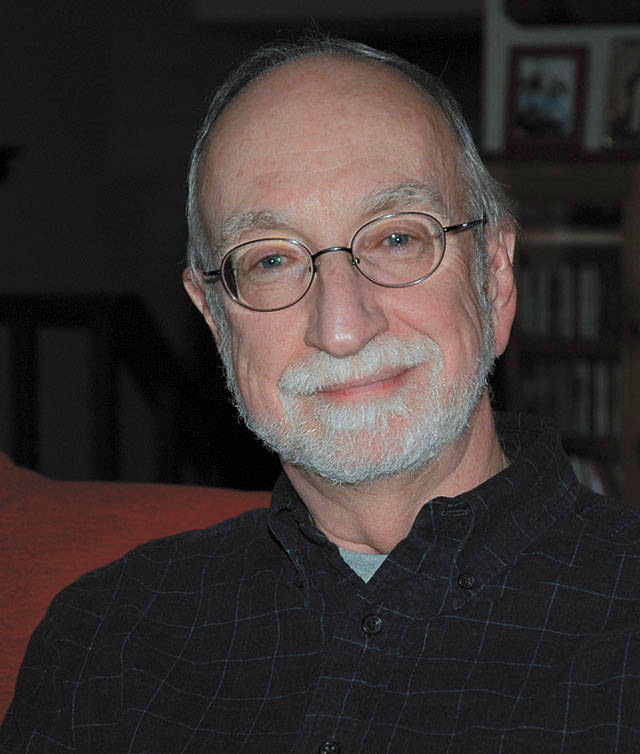I’m a geologist, not a political scientist, but geologists know a lot about the way the world works. We are trained to see the big picture, and by the time we get to my age, we can do it blindfolded. Sadly, you don’t see us in public very often because we are introverts. Instead, you see extroverts, including politicians who tell us during every election cycle that we are at an important crossroads, and if we don’t vote for them, dire consequences will befall us. Some of them are right.
Geoscientists are now telling us that we are at an important crossroads, and not just some of them. The message is coming from all geoscientists. They are telling us that unless we change the way we live, very soon, our grandchildren and even our children will inherit a world that is perilous, degraded, and that will not support life as we know it. The situation is so dire that they refer to the current Syrian civil war as “the first climate war.”
To find a solution, we must work together. This may explain why not much is being done in our country right now, but the bigger picture is more complex. For a start, many people assume the coming catastrophe is inevitable (which is only partly true) and that all we can do is prepare for the worst. Others would do something to advance sustainability if they had an easy path, but they can’t make much progress given the way we live now, which dates from the 19th century. Perhaps most importantly, some people make a lot of money if we burn fossil fuels. For those people, the importance of making money trumps (no pun intended) any concern about the impact of their actions.
For the common good of our grandchildren, we must abandon some of what we have now, and some of what we do now, and replace it all with something else. It’s a moral issue; what we have now means nothing if future generations must pay for our folly.
It is also clear that the politicians (our “leaders”) will not be leading us to a solution. If we are concerned about where we are headed, we must act at our level to effect change, and we must convince others at our level that they should act, too.
You may not have noticed, but Vashon Island is somewhat representative of small-town America. We are statistically richer and whiter than most, but many other small towns have community councils, chambers of commerce and look similar otherwise. Most have environmental advocates, growing elderly populations and homeless people. We share drug and alcohol problems, and we all despair when our children move away because there are no jobs or enough affordable places to live.
Remember those University of Washington students who, back in 2012, presented proposals to strengthen the island’s economic vitality and protect its historic integrity? That work by The Storefront Studio, as it is called, was funded by the UW and a King County grant. They did amazing work, but they missed the bigger picture that is so clear today. It’s not the design of our town core that is the problem; it is the design of our entire island. The problem is how we live.
To confront climate change, we must reconfigure what we do and where we do it. We must eliminate carbon emissions, increase local food production, reconfigure our transportation options and expand forest management. We must reduce impacts to our shorelines and do a better job of dealing with waste. We must restructure our lives to use less, save more and build a stronger community, and we must do this within one generation or less.
I’d like to make a proposal: Let’s engage the creative people at The Storefront Studio and elsewhere to help us think far outside the box. We can establish some broad guidelines (such as requiring full-cost accounting for environmental impacts) and design a modern community as if we were starting over from scratch. Using current environmental standards, we can design a community from the waterline up that supports the same number of people as live here now, but that would sustain human habitation indefinitely with far less ecological impact. In the process, we will also craft a design process that can be used by any small town.
It’s possible that we won’t be able to accomplish all that the new model would require. Even so, the end results should be fascinating, and we will identify actions we can take today to create a Vashon for the 21st century where our kids and grandkids can thrive.
If you want to be involved in this effort, email me at gwessel@publicgeology.org. Remember that the fate of the planet is in your hands. Don’t drop it.
— Greg Wessel is an extremely busy semi-retired geologist.



